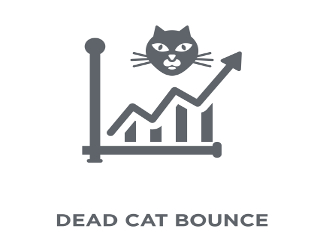Stock markets rose Wednesday in the aftermath of the release of the minutes from last month’s FOMC meeting. Overall, markets viewed the minutes as a positive, confirming that the Fed intends to pause the reduction in its balance sheet and will likely not hike rates again this year.
FOMC participants found it strange that balance sheet normalization had gone on for over a year with no one paying any real attention to it, yet all of a sudden markets got into a tizzy about the balance sheet drawdown. Rather than stick to its plans, however, the FOMC decided to change its stance to accommodate markets.
On the one hand, the FOMC stated that “it would be appropriate to adjust the details of balance sheet normalization plans in light of economic and financial developments if necessary to achieve the Committee’s macroeconomic objectives”. But on the other hand it stated that almost all of the FOMC participants “thought that it would be desirable to announce before too long a plan to stop reducing the Federal Reserve’s asset holdings later this year.”
That is a flat out capitulation to financial markets, as the Fed is still nowhere close to “normalization.” Its balance sheet is still over $4 trillion, only a 10% decline from a year before. Were the balance sheet to have maintained the same growth rate as it did pre-crisis, it would only be about $1.2 trillion.
It’s becoming more and more likely that the Fed’s next rate move will be a cut, not a hike. When that happens, expect a recession to follow closely behind. The pattern over the last two recessions has been that the Fed, after keeping rates too low for too long, begins to hike so as not to overheat the economy. It’s too little, too late, and that hiking helps hasten the bursting of the bubble. The rate cut is then insufficient to stave off the inevitable recession, and away we go.
That pattern will likely repeat itself this year as the Fed realizes that the economy is in bad shape and makes a rate cut in a misguided attempt at keeping the economy stimulated. Investors need to be aware of all of this and take the necessary steps to safeguard their wealth as soon as possible.
Investing in gold should be one of those steps, as gold protects wealth better than any other asset. Those who invested in gold before the last financial crisis watched their portfolios grow, while those who remained in stocks lost over half of their assets. When the next crisis hits, don’t be one of those left behind as gold starts to soar.
This article was originally posted on Goldco.




